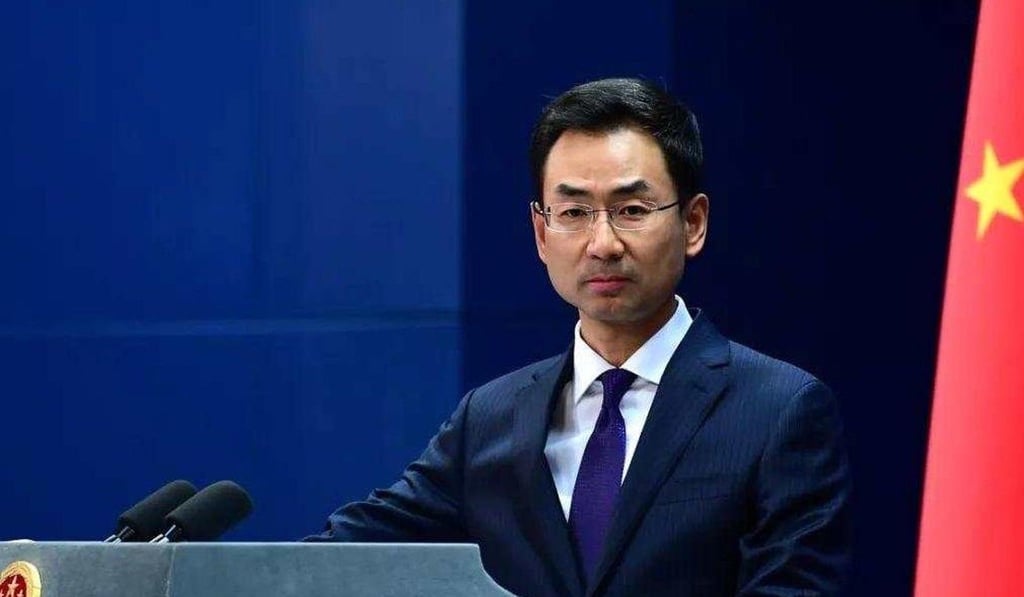Opinion | China enraged by ‘Sick Man of Asia’ headline, but its origin may surprise many
- The term was coined in 1895 to describe Qing officials by Chinese scholar Yan Fu after China lost a war against the Japanese
- The term is usually used to refer to bad governance – and is more often used by Chinese people than Westerners

Amid rising global racism and hostility towards people of Chinese descent following the coronavirus outbreak, one epithet stands out and stings Chinese to the quick.
A day later the incident escalated into a diplomatic crisis, with Chinese Foreign Ministry spokesman Geng Shuang warning that the newspaper “must be held responsible for what it has said and done”.
US Secretary of State Mike Pompeo weighed in, saying “mature, responsible countries understand that a free press reports facts and expresses opinions”.

However the derogatory term was not first used by what Beijing calls “imperialist forces”. It was coined by renowned Chinese thinker, scholar and translator Yan Fu, who introduced Western ideas including Charles Darwin’s theory of evolution by natural selection to China in the late 19th century.
